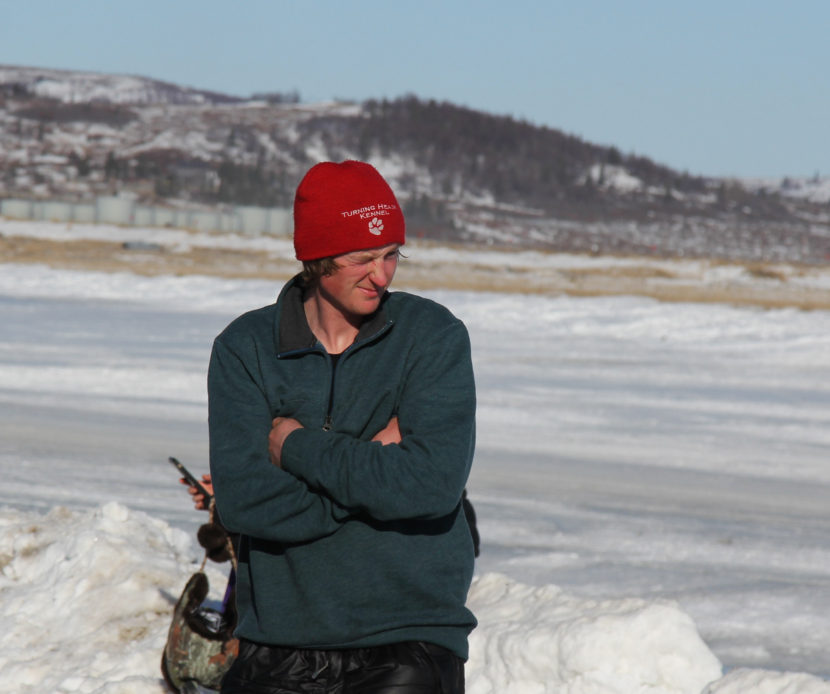
An accomplished musher was in a Palmer state court Tuesday over a domestic violence incident that happened in December of 2015. Critics have asked whether Iditarod organizers were aware of the assault charges prior to the race and let 24-year-old Travis Beals compete anyway.
Beals is accused of an Assault 4 misdemeanor, causing fear of injury, over an incident in Willow.
The case was still pending in January when Iditarod CEO Stan Hooley learned about it. According to Hooley, the organization didn’t ignore the charges at the time but was told by its legal counsel to wait for a court ruling.
“We feel, and have felt all along, that we need to let the legal process complete itself,” Hooley said by phone. “Then we’ll have decisions to make based upon that.”
However, the law firm handling legal advice for the Iditarod, Davis, Wright, Tremaine, did not report any information on an earlier, separate domestic violence assault from May of 2015, in which Beals pled guilty to a lesser charge of criminal mischief.
Hooley said the Iditarod officials learned of that conviction from Frontiersman newspaper editor Matt Tunseth as he was reporting the story. Had race organizers known, Hooley believes they would likely have decided Beals violated the Iditarod’s standards for personal conduct.
“He probably wouldn’t have run the 2016 race,” Hooley said.
The personal conduct rule was introduced last year, and Hooley thinks it will need to evolve in order to take into account rising standards of professional behavior among mushers. Unlike the National Football League, which has faced intense criticism lately over its handling of domestic violence, the Iditarod doesn’t currently have the resources to monitor and investigate claims year round.
“We’ll do the very best job we possibly can,” Hooley said, before adding that the staff and funding needed “to do this right” will be significant.
Beals’s hearing was held in a therapeutic court, as part of a program to divert “misdemeanor and low-level felony” offenders toward mental health treatment instead of the criminal justice system.
Beals did not respond to phone calls or emails directed to his kennel in Seward.
